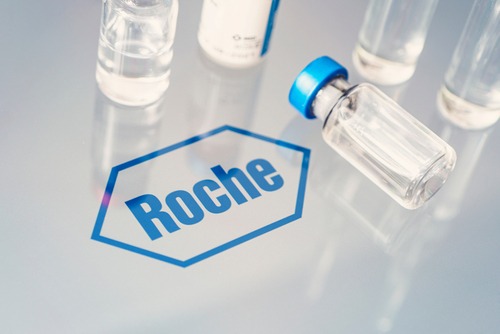
While monoclonal antibodies have made headway in some countries more than others, the World Health Organization (WHO), for the first time last week, offered prequalification to Roche’s tocilizumab treatment, smoothing the path to more widespread approval.
Prequalification guarantees that the treatment was pre-assessed for quality, safety, and efficacy by global experts, allowing many low and middle-income countries greater peace of mind when considering approval and purchase. The designation is used for medicines, vaccines, diagnostics, and other critical health products, and some organizations will only purchase health items that have earned prequalification.
Tocilizumab, specifically, works by blocking the Interleukin-6 receptor within SARS-CoV-2, the virus that causes COVID-19. That receptor is often found in high levels among critically ill COVID-19 patients, creating an inflammatory response. More traditionally, it has also been used as an arthritis treatment.
Yet for COVID-19, clinical studies showed the arthritis treatment also helped hospital stays and reduced death in severe COVID-19 cases where patients were rapidly deteriorating and in need of increased oxygen levels, as well as those with significant inflammatory responses. Even so, WHO recommended tocilizumab only for patients with severe or critical COVID-19 and warned it should be administered only by healthcare workers in monitored clinical settings.
In all, three different quantities of the monoclonal antibody were prequalified, bringing WHO’s total prequalified COVID-19 treatments up to six. To users’ benefit, the patents on tocilizumab have expired in many cases, removing an intellectual property barrier for the product’s use. However, the treatment is limited in supply and expensive to use, even with the lack of patents, sometimes running as much as $500-600 per dose.
WHO hopes prequalification and negotiations with the current producer, Roche, will encourage demand and additional manufacturers to help lower the price overall.




